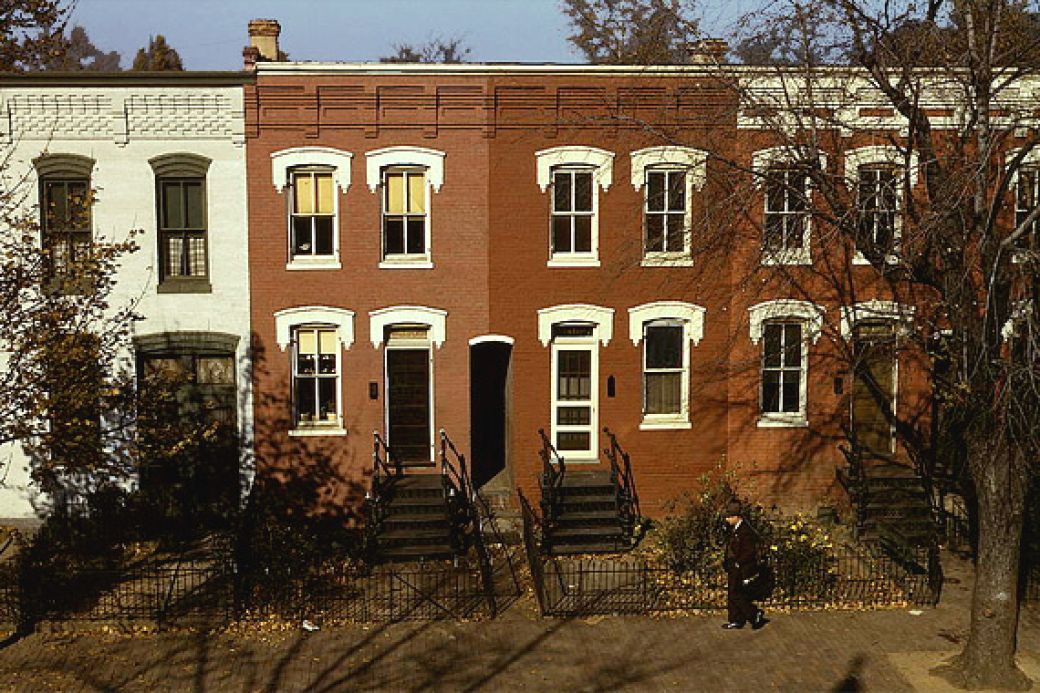Make your house FHA-friendly, and it will appeal to more homebuyers. Why? Because the Federal Housing Administration is insuring the mortgage loans used by about 30% of today’s homebuyers.
If your house passes the FHA rules, it will appeal to buyers who plan to use an FHA-insured mortgage. If your house doesn’t qualify for an FHA loan, you’re cutting out 30% of potential buyers.
FHA is especially important to first-time homebuyers and those with small downpayments because it allows borrowers with good credit to make a downpayment as low as 3.5% of the purchase price.
Here’s how to make your home appealing to FHA borrowers:
Know the FHA loan limits in your area
Start by checking to see if your home’s listed price falls within FHA lending limits for your area. FHA mortgage limits vary a lot. In San Francisco, FHA will insure a mortgage of up to $729,750 on a single-family home. In the White Mountains of New Hampshire, the loan limit is $271,050.
Home inspections
Most buyers will ask for a home inspection, whether or not they’re using an FHA loan to buy the home. You must give FHA buyers a form explaining what home inspections can reveal, and how inspections differ from appraisals.
How much do you have to repair?
If the home inspection reveals problems, FHA will not give the okay to buy the home until you repair serious defects like roof leaks, mold, structural damage, and pre-1978 interior or exterior paint that could contain lead.
Dealing with FHA appraisers
Help the lender’s appraiser by providing easy access to attics and crawl spaces, which usually must be photographed, says appraiser Frank Gregoire in St. Petersburg, Fla.
Your buyer can hire his own appraiser to evaluate your home. But FHA only relies on reports by its approved appraisers. If the two appraisals conflict, the FHA appraisal preempts the buyer’s appraisal.
Help with FHA closing costs
Most FHA buyers need help with closing costs, says mortgage banker Susan Herman of First Equity Mortgage Bankers in Miami. So a prime way to make your house FHA-friendly is to help with those costs.
FHA currently allows sellers to pay up to 6% of the sales price to help cover closing costs, but is considering lowering that limit to 3% in the fall of 2010.
If you’re selling a condo
FHA also has to approve your condo before a buyer uses an FHA loan to purchase your unit. Be sure your condo is FHA-approved for mortgages. The list has been updated, so if your association was approved a year ago, check again to make sure it’s still on the approved list.
FHA generally won’t insure loans in condo associations if more than 15% percent of the unit owners are late on association fees. Ask your property manager or board of directors for your association’s delinquency rate.
Other rules cover insurances, cash reserves and how many units are owner-occupied and the types of condos that can be purchased with an FHA mortgage.
FHA sometimes issues waivers for healthy condominiums that don’t meet the regular rules. If your condo isn’t FHA-approved, it doesn’t necessarily have to meet every single rule to gain approval. Ask your real estate agent to consult with local lenders about getting an FHA waiver for your condo if it doesn’t meet all the requirements.
FHA also limits its mortgage exposure in homeowners associations. With some limited exceptions, no more than 50% of the units in an association can be FHA-insured.
FHA loans for planned-unit developments
FHA no longer requires lenders to review budgets and legal documents for planned-unit developments.
Related: Find a State Program to Help Home Buyers Afford Your Home
Terry Sheridan is an award-winning freelance writer who has covered real estate for 20 years, and has owned and sold three homes.
